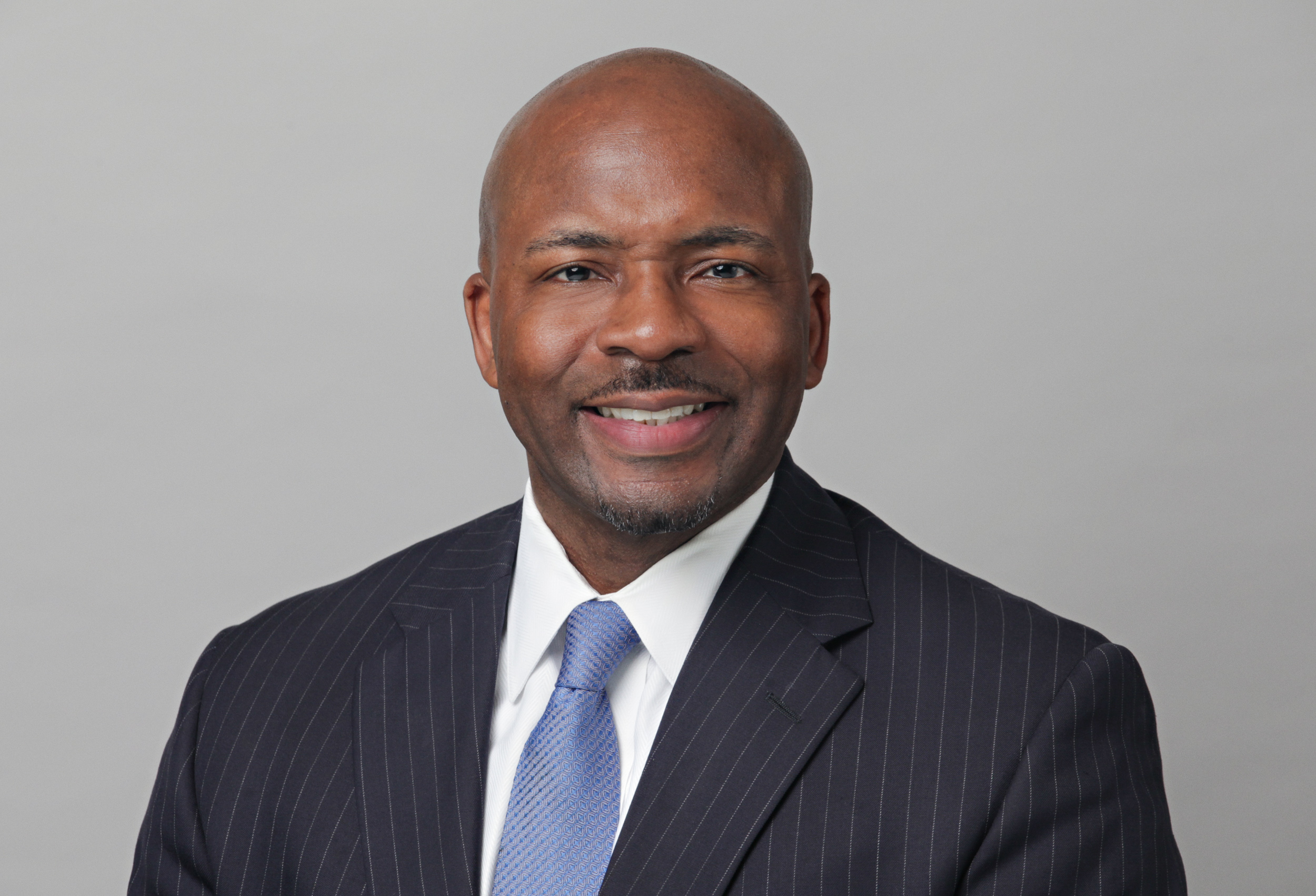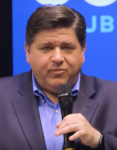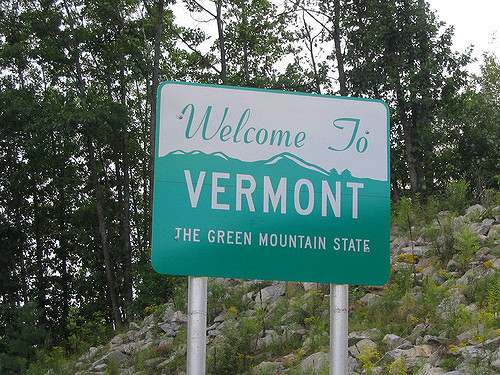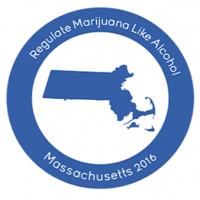Under the U.S. Drug Enforcement Administration’s (DEA) Controlled Substance Act (CSA), drugs are classified into five distinct schedules depending upon their acceptable medical use and their overall potential for abuse or dependency. The DEA currently lists cannabis as a Schedule I drug, which the CSA defines as drugs having no currently accepted medical use and a high potential for abuse. It appears, however, that the DEA may soon reconsider its current Schedule I classification of cannabis.
This article considers how the DEA’s potential reclassification of cannabis potentially could affect Georgia’s medical cannabis industry. Specifically, the article discusses: (1) how Georgia medical cannabis distributors would operate within this new regulatory framework; (2) how this change would affect registered Georgia patients who are either currently purchasing medical cannabis or are planning to do so; and (3) whether this reclassification would cause big pharmaceutical companies to enter Georgia’s medical cannabis market, and if so, how.
The DEA’s Reclassification of Cannabis Would Likely Affect the Regulatory Framework of Georgia’s Medical Cannabis Industry
On April 2, 2019, Georgia became the 34th U.S. state to legalize cannabis for medicinal use when the Georgia Legislature passed House Bill 324 (“HB 324”), which recently took effect on Monday, July 1, 2019. In Georgia, medical cannabis is defined as a “low-THC oil” that contains 5% or less of tetrahydrocannabinol (THC)—the psychoactive chemical in cannabis that causes a “high.”

If the DEA reclassifies cannabis, the regulatory framework of Georgia’s medical cannabis industry under HB 324 would likely be affected. For instance, depending on how the DEA elects to reclassify cannabis, low-THC oil products manufactured and sold in Georgia could become subject to the U.S. Food and Drug Administration’s (FDA) costly, complicated and time-consuming drug approval process. Then, any low THC oil products that the FDA approves will be subject to federally mandated quality, efficacy and potency standards for FDA-approved drugs. Also, any federal standards that stem from the DEA’s reclassification of cannabis will trump any conflicting provisions in HB 324 or any other conflicting rules, regulations or procedures established by the Georgia Access to Medical Cannabis Commission (GAMCC), the seven member state agency responsible for promulgating and implementing the state-based rules, regulations and procedures necessary to produce and distribute low-THC oil in Georgia, and the Georgia State Board of Pharmacy (Pharmacy Board). However, even if the DEA reclassifies cannabis, the following state regulatory framework established by HB 324 will remain unaffected:
- The GAMCC will likely continue to oversee the state’s medical cannabis industry.
- The following two different types of dispensary licenses issued under the legislation will still likely remain: retail outlets (issued by the GAMCC) and pharmacies (issued by the Pharmacy Board).
- Licensed dispensaries will still likely not be located within a 1,000-foot radius of a school or church, and licensed production facilities will still not be located within a 3,000-foot radius of a school or church.
- Pharmacists who dispense low-THC oil will still likely have to review each registered patient’s information on the state’s Prescription Drug Monitoring Program (PDMP) database to confirm that they have been diagnosed with one or more of the 17 approved conditions and diseases. The legislation does not require retail outlet dispensaries to review patient information on the PDMP database or employ a pharmacist to dispense the drug.
- Registered patients will still likely be prohibited from vaping low-THC oil or inhaling it by any other electronic means. The legislation does not expressly prohibit the use of other, non-electronic delivery methods of low THC oil such as pills or nasal spray.
- All licensed dispensaries (and all licensed production companies) will still likely be subject to an “on-demand” inspection when requested by the Georgia Bureau of Investigation (GBI), the GAMCC, the four-member Medical Cannabis Commission Oversight Committee (MCCOC), or local law enforcement. The GAMCC and the Georgia Drugs and Narcotics Agency (GDNA) will also still likely be able to conduct one, annual inspection of dispensary locations. And, upon request, licensed dispensaries will still likely be required to immediately provide a sample of their low-THC oil for laboratory testing to the GBI, GAMCC, MCCOC, GDNA or local law enforcement.
- All licensed dispensaries (and all licensed production facilities) will still likely be required to utilize a GAMCC-approved seed-to-sale tracking software.
- All licensed dispensaries (and all licensed production companies) will still likely be prohibited from advertising or marketing their low-THC oil products to registered patients or the public. However, they will still likely be allowed to provide information about their products directly to physicians, and upon request, physicians will still likely be allowed to furnish the names of licensed dispensaries (and licensed production companies) to registered patients or their caregivers.
The DEA’s Reclassification of Cannabis Would Likely Affect the Availability of Low THC Oil
To date, approximately 9,500 Georgians are registered with the state’s Low-THC Registry, which allows them to purchase low-THC oil from licensed dispensaries. Since the legislation’s passage, the number of registered patients has increased significantly and continues to steadily rise. If the DEA reclassifies marijuana, this patient number will likely increase at an even faster rate because the public will likely perceive reclassification as an acknowledgement by the federal government that marijuana possesses health and medicinal benefits. If that occurs, statewide demand for low THC oil could quickly outstrip the supply.

Image: Georgia National Guard, Flickr
Under HB 324, the GAMCC is tasked with ensuring that the state has a sufficient number of retail outlet dispensaries across the state to meet patient demand but is limited to issuing only six production licenses. As the number of registered patients continues to grow, the GAMCC may be forced to recommend amendments to the statute allowing it to issue additional production licenses to increase the state’s supply of low THC oil, and depending on how many additional patients are added to the state’s Low-THC Registry, the GAMCC may also have to issue additional dispensary licenses to keep up with patient demand by relaxing the geographic limitations on locating dispensaries.
Thus, the DEA’s reclassification of cannabis likely would affect the amount of low THC oil available to registered patients in Georgia.
The DEA’s Reclassification of Cannabis Would Likely Cause Large Pharmaceutical Companies to Enter Georgia’s Medical Cannabis Market
Large pharmaceutical companies typically manufacture, market, sell and ship their products on a national and international scale. Given cannabis’ current status as a Schedule I drug under the CSA, these companies have largely steered clear of the burgeoning medical marijuana industry because of the inherent risk of violating federal law. If the DEA reclassifies cannabis, that risk will be diminished greatly, and the companies therefore will likely decide to enter the market by acquiring existing medical marijuana companies with established national or state-level medical cannabis brands.
If the DEA reclassifies cannabis, Georgia’s medical cannabis market will likely be affected in multiple ways.Depending on how the DEA reclassifies cannabis, low-THC oil in Georgia could be subject to stringent federal standards, including the FDA’s complex and expensive drug approval process. Georgia medical cannabis companies will likely not be accustomed to complying with such federal regulations. Large pharmaceutical companies, on the other hand, are very accustomed to dealing with the federal government, including FDA drug approval. So, if the DEA reclassifies marijuana, pharmaceutical companies will likely view reclassification as a tremendous opportunity to enter the Georgia market by leveraging their experience and institutional knowledge dealing with federal law to acquire or partner with a licensed Georgia cannabis company that has an established brand of low -HC oil.
Entering Georgia’s medical cannabis market won’t be easy, however, because HB 324 prohibits licensees from transferring their licenses for five years and requires that the original licensee be a Georgia business. But, HB 324 does not prohibit them from selling their businesses, which necessarily includes any licenses the business owns. Purchasing a licensed Georgia medical cannabis company requires payment of a production license business transfer fee. The fee for the first sale of a business with a Class 1 production license is $100,000 and the fee for a Class 2 license is $12,500. The fee for the second sale is $150,000 for a Class 1 production license, and $62,500 for a Class 2 license. The fee for the third and fourth sales is $200,000 for a Class 1 production license, and $112,500 for a Class 2 license.
Conclusion
If the DEA reclassifies cannabis, Georgia’s medical cannabis market will likely be affected in multiple ways. Specifically, depending on how the drug is reclassified, the regulatory framework for medical cannabis companies likely will change to include both state and federal requirements, potentially including the FDA’s complex drug approval process. Also, the amount of low-THC oil available for registered patients to purchase likely will be diminished precipitating the need for the GAMCC to modify the statute to allow for issuing additional production licenses and relaxing the geographic limitations on locating dispensaries. Finally, large pharmaceutical companies likely will attempt to enter Georgia’s medical cannabis market by purchasing existing, licensed Georgia companies that have established low-THC oil brands.




































